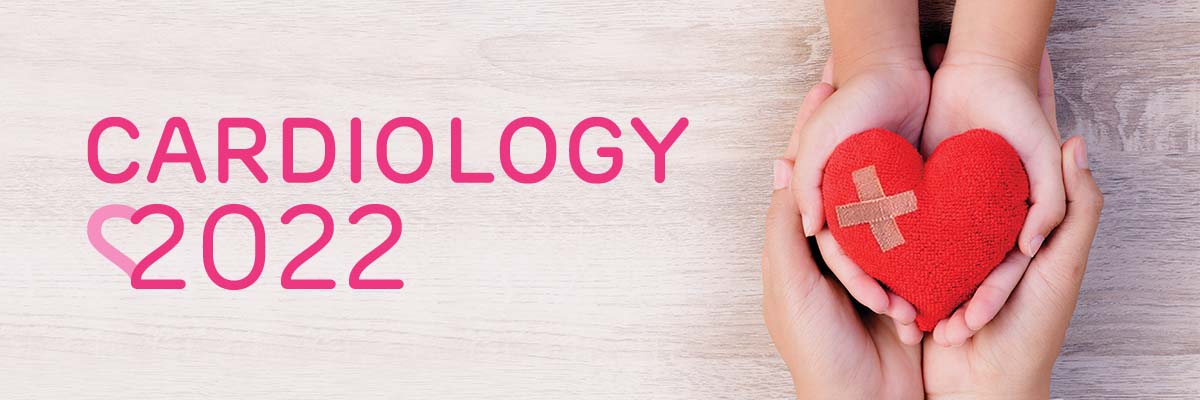
Adult Congenital Heart Disease During COVID-19: The Patient’s Perspective
Presented By:
Annique Nyman, Mia Shiue, Robert Karvell, Sara L. Partington, Tamar Preminger, Christian Reda, Emily S. Ruckdeschel, Kathleen Sullivan, Lynda Tobin, Sumeet Vaikunth, Joshua Saef, Yuli Y. Kim
Overview:
Background: Adults with congenital heart disease (CHD) represent a growing patient population considered at increased risk for adverse outcomes associated with COVID-19. In addition to the impact on physical health, the pandemic has contributed to heightened levels of fear, anxiety, and depression related to both COVID-19 infection and concerns regarding vaccination. This study aims to describe patient experiences including vaccination practice and perspectives during the pandemic.
Methods: This was a single center, cross-sectional survey of adults > 18 years old with CHD recruited from an outpatient adult CHD clinic between February-June 2022. Charts were abstracted from the electronic medical record. Patients were queried about prior COVID-19 infection, vaccination status, and psychological factors including self-perceived risk for severe illness. Anxiety, depression, and fear of COVID-19 were measured by using validated survey instruments. Patients were stratified according to their vaccination status and between group comparisons were made using Kruskal-Wallis or Fisher-Exact testing for continuous and categorical data, respectively. Significance was determined using an alpha level of 0.05.
Results: In this cohort (n = 262, median age 33 [range 19-77], 55.3% female, 80.5% Caucasian, 88% moderate or complex CHD), 84 (32.1%) reported a prior COVID-19 illness and 240 (91.6%) reported being vaccinated against COVID-19, of whom 180 (75%) received a booster. Ninety-nine patients (37.9%) did not perceive themselves to be “high risk” patients, regardless of disease complexity. High fear of COVID-19 was reported in 12 (4.6%) patients. There were 49 patients (18.7%) with elevated symptoms of anxiety and 10 with elevated depression symptoms.
Features associated with positive vaccination status include having a college degree (p=0.005) and annual income >$50K (p=0.008). Patients were less likely to be vaccinated if they perceived themselves at low risk (p=0.027), had elevated anxiety symptoms (p=0.041), or identified as Hispanic/Latino (p=0.014). Age, gender, and complexity of CHD did not differ between those who were vaccinated or not.
Conclusion: More than two years into the pandemic, ~1/3 patients in an adult CHD clinic reported prior COVID-19 infection and anxiety was prevalent, though high fear of COVD-19 illness itself was not. Patients’ perceptions of their own risk for severe illness was variable and was not associated with complexity of their underlying CHD. There is a very high (>90%) vaccination rate in this population and demographic factors associated with vaccination status were identified. Anxiety and self-perception as being low risk were associated with being unvaccinated. By asking about patients’ experiences and attitudes specifically in regard to the COVID-19 pandemic, ACHD practitioners can address important health needs including mental health and education including vaccination.
